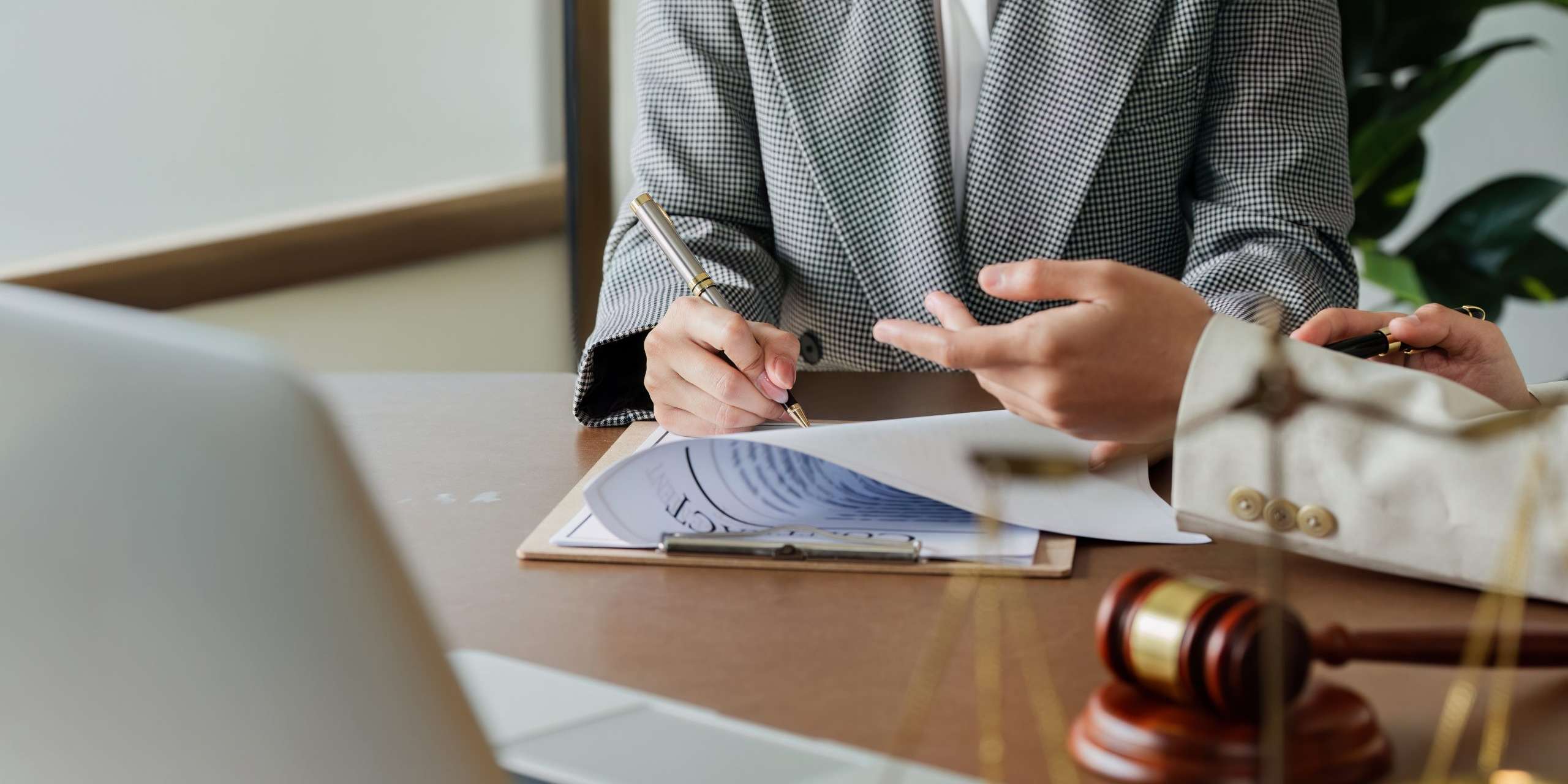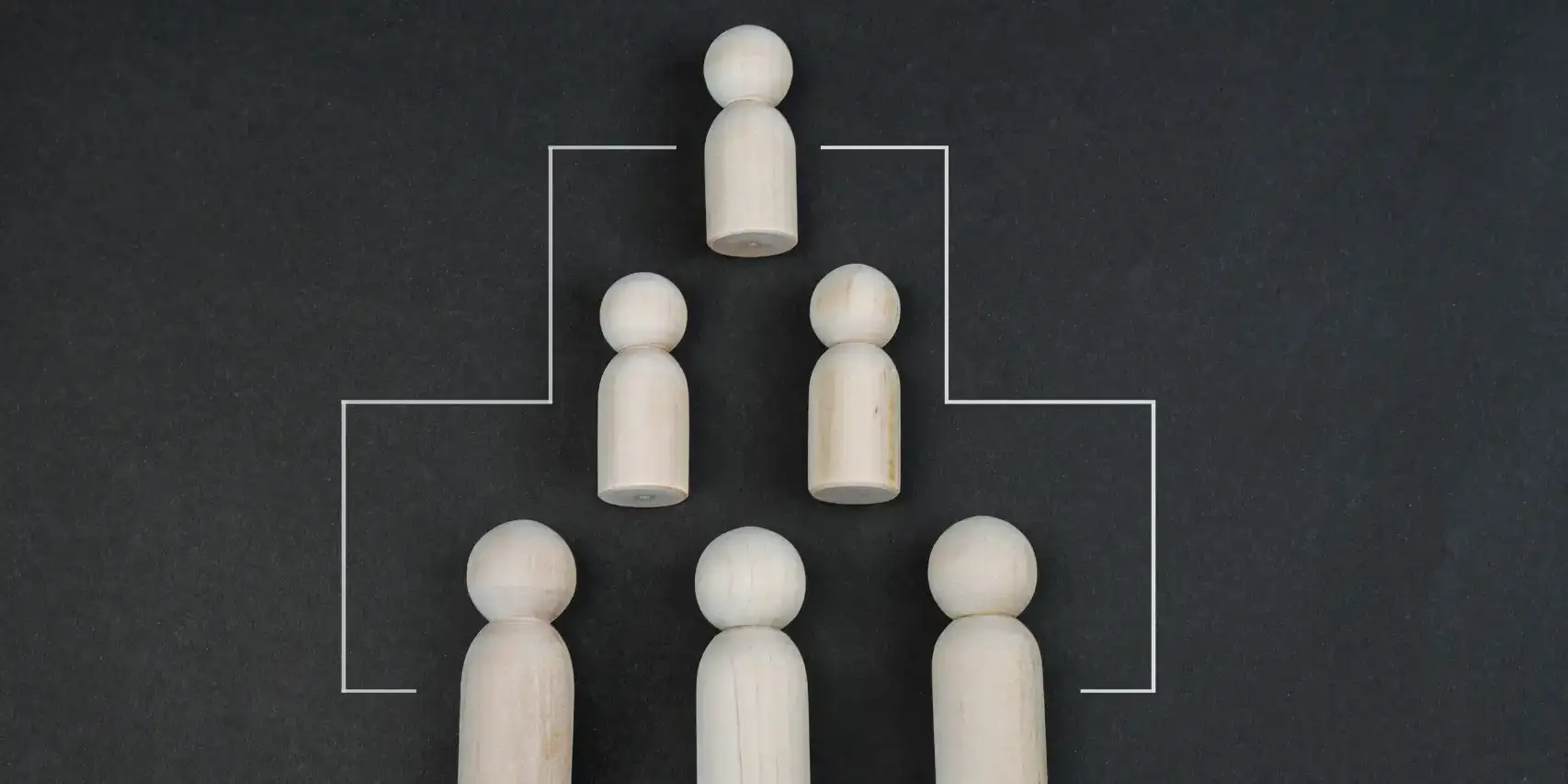Before Sapin II, American justice was in charge ...
Until 2016 and the introduction of the law on the fight against corruption, transparency and the modernization of economic life, known as Sapin II, the American authorities were in the driver's seat when it came to sanctioning companies subject to corruption worldwide.
Key figures :
Since 2008, 105 companies worldwide have been sanctioned by the US justice system for a total of $6.5 billion.
France is more affected because it is positioned in energy-related technologies.
Fines paid by French companies: €1.6 billion, i.e. 1/3 of all fines.
To find out more, discover a world documentary "Anti-corruption, the American lethal weapon" available on Youtube
France has regained credibility with the Sapin II law
Already in 2021, 5 years after the implementation of the Sapin II law on the fight against corruption, transparency and the modernization of economic life, Michel Sapin, former Minister of the Economy and Finance on the subjects of corruption, compliance and CSR, drew up an initial positive assessment of the impact of this law on our economy.
For him, this new law is indeed a success: " We've done companies a favor. Even if today they find it complicated, with a lot of work and expenses, they were the first to want us to regain this credibility and protect them with legislation that is up to the task."
Corruption is a reality in France, with consequences that can be dramatic for both the company and its directors.
According to the results of the AFA 2022 survey
- 24% of companies surveyed in France have been confronted with at least 1 case of corruption or influence peddling in the last 5 years.
- 3 functions are most exposed to corruption and influence peddling: purchasing, sales and general management.
In the event of corruption, companies must face serious consequences:
- financial (fines, loss of income, deterioration of financial profile, loss of value)
- human (resignation, dismissal, employee conviction, loss of employability)
- legal and penal (prosecution, penalties, exclusion from public procurement contracts)
- reputational (negative press, irreversible image damage, loss of business with major groups or partners)
So it's best to prevent corruption by setting up an anti-corruption system, as recommended by the AFA!
In the end, this law will have enabled French companies to protect themselves against the risk of corruption, by putting in place the appropriate measures as described by the AFA (Agence Française Anticorruption - French Anti-Corruption Agency).
The AFA's recommendations are freely available to help all companies achieve compliance.
Having such a system in place benefits everyone, including SMEs which are not yet obliged to set up such a system, but which have every interest in doing so.
Indeed, a company with anti-corruption measures in place will be better positioned than its competitors.
Managers of companies subject to the Sapin II law, increasingly intransigent with regard to their third parties, consider that having an anti-corruption policy is a differentiating asset!
Moreover, the chances of obtaining financing are greater if anti-corruption measures have been deployed.
Reputation would also be preserved and company management improved.
Finally, let's not forget that this law is now 8 years old, and that it is becoming difficult to justify that nothing has been done to comply with it; the AFA - according to its own director - would therefore be much less lenient than in the past in the event of an inspection!



